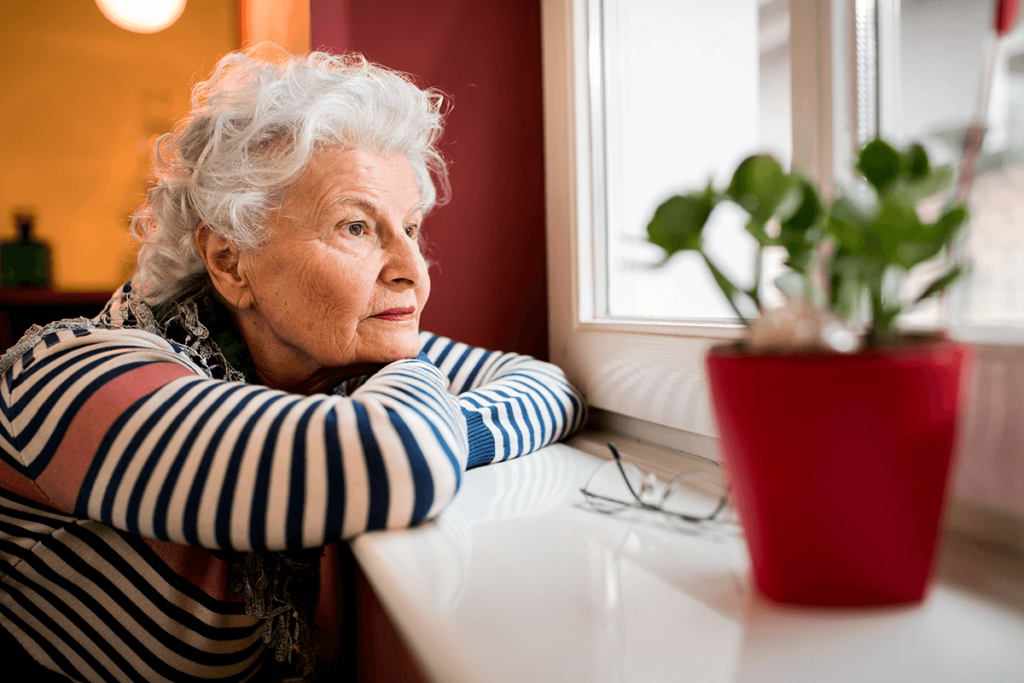Isolation
According to the Campaign To End Loneliness and Age UK, more than 10 per cent of the 1.2 million people over the age of 65 in the East of England are lonely most or all of the time. Older people can go days or weeks without seeing people, sitting in their chairs, watching TV, and waiting for the next interaction with another human being.
Loneliness isn’t just a social tragedy for those involved, but also a physical one too. Isolation can have a range of adverse effects both on the body and mind, increasing the burden of elderly care and causing people to miss out on important, life-affirming activities and opportunities.
Social Isolation And Mortality Risk
Data from the University of Chicago suggests that isolated older adults are less likely to survive than those surrounded by friends and family. Those experiencing what the researchers called “extreme loneliness” were up to 14 per cent more likely to die prematurely over ten years.
The research complements existing studies which suggest that elderly who live in close-knit communities and have regular contact tend to live much longer. Examples include elderly residing in places like the Greek island of Ikaria, Sardinia, and the Japanese island of Okinawa, where people regularly live into extreme old age in good health.
Data from the Campaign to End Loneliness suggests that isolation may be as unhealthy as smoking, drinking, and a poor diet and is an independent explanatory factor.

Cognitive Decline
As social creatures, human beings rely on contact with others to stimulate the mind and add meaning to life. But people living in isolation are denied this opportunity. Sadly, just like muscles, failing to exercise one’s mental faculties can lead to a decline in functioning. Lonely older people experience an accelerated loss of cognitive ability and are more likely to suffer from dementia.
Pessimism And Depression
Having a positive outlook on life is essential for healthy ageing. But people with pessimism and depression tend not to fare as well over the long term. Loneliness and isolation foster both hopelessness and despair. Older adults feel as if nobody cares about what they’re doing or who they are. They need to feel a connection with others but often find that the quality of their life continues to deteriorate. They no longer have the opportunities that they used to and begin to wonder whether there are reasons to keep going. The role of social work is to reduce these feelings, helping to restore a reasonable, healthy outlook on life.
Isolation Leads To Deteriorating Mental Health
Although loneliness is an independent risk factor for early death, it also increases the likelihood that a person will suffer from worsening mental health. According to data from the English Longitudinal Study of Ageing, people who live alone are more than twice as likely to participate in things like excessive drinking, excessive consumption of sugary and fatty foods, and smoking, which both contribute to, and are caused by, feelings of isolation and depression.
The good news is that our companion service helps foster connections, reduces the need to medicate with certain lifestyle choices, and gives older adults the opportunity to socially interact with others.
Contact us for a free discussion regarding any needs that you may require
You can also like our Facebook page for further information and support.







